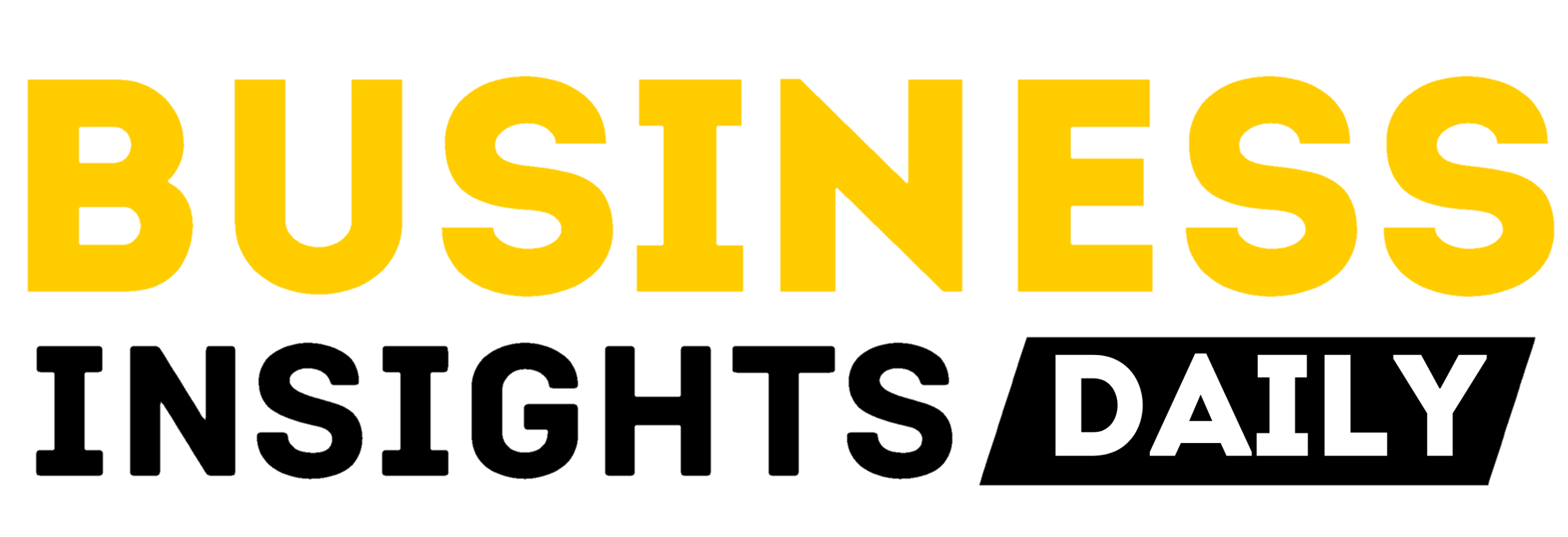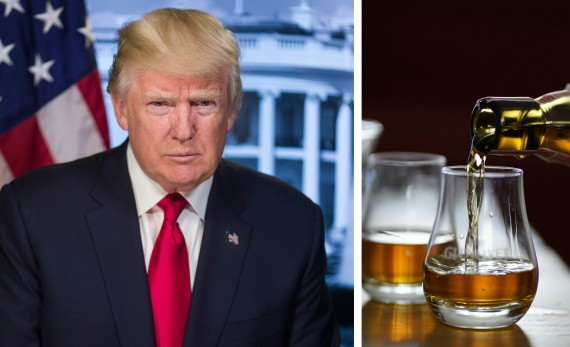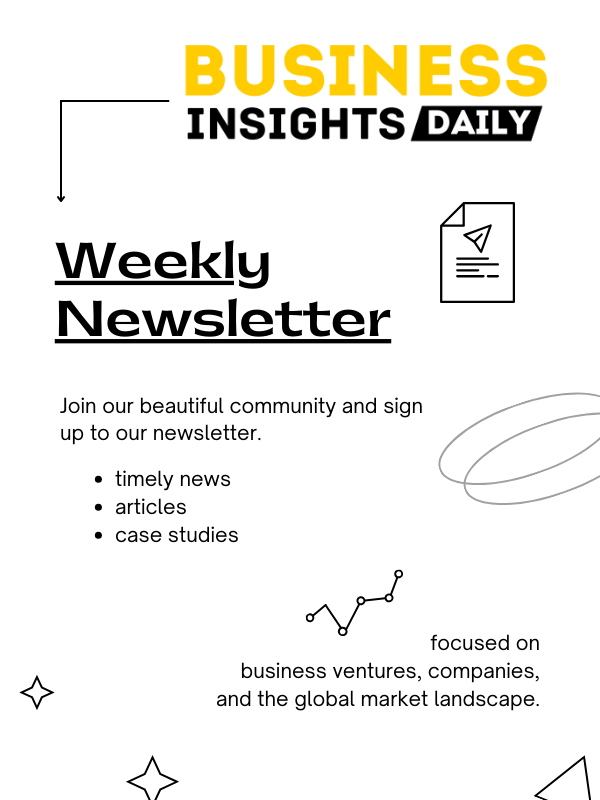Introduction
The global trade war has erupted into a fiery showdown over booze, with President Donald Trump threatening to slam European wine, cognac, and spirits with a staggering 200% tariff. This move could send prices of French Bordeaux (a premium red wine) or Italian Prosecco (sparkling wine) skyrocketing overnight, leaving wine lovers and party planners scrambling.
Markets plunged into turmoil as the S&P 500 (a key U.S. stock index) nosedived 10% from its peak, officially entering correction territory. Investors, already on edge, are now bracing for a potential recession. The alcohol industry, still recovering from pandemic-related disruptions, faces an unprecedented crisis as tariffs threaten to disrupt global supply chains, inflate consumer prices, and ignite a full-blown trade war.
Bourbon Battles & Dairy Standoffs: A Transatlantic Trade War Escalates
Trump’s alcohol tax is a retaliatory missile aimed at the European Union’s plan to target American whiskey (like bourbon, a corn-based spirit), Levi’s jeans, and even quirky items like dental floss next month—a response to U.S. steel tariffs that kicked off this week. The EU’s proposed 50% tariff on bourbon has sent shockwaves through the American spirits industry, which is still nursing its wounds from the economic fallout of Trump’s earlier trade policies.

But the drama doesn’t stop at Europe’s borders. Canada, America’s top aluminum supplier, is now slapping its own tariffs on U.S. goods and taking the fight to the World Trade Organization (WTO). Talks between U.S. and Canadian officials collapsed Thursday, with Trump doubling down: “We’re done getting played this ends NOW.”
North of the border, Canadian retailers are already boycotting U.S. bourbon, while Ottawa refuses to cave to Trump’s demands to rework dairy rules in the USMCA trade pact. “That deal is closed,” said Canadian Finance Minister Dominic LeBlanc, though Ontario Premier Doug Ford hinted at progress after “tense but promising” talks with U.S. Commerce Secretary Howard Lutnick.
The dairy dispute, a long-standing point of contention between the two nations, has further complicated negotiations. Canadian farmers are vowing to protect their livelihoods, while U.S. producers are demanding greater access to the Canadian market. It’s a classic case of “cheese vs. whiskey,” and no one’s backing down.
Industry Meltdown: “Ditch Tariffs, Save Spirits”
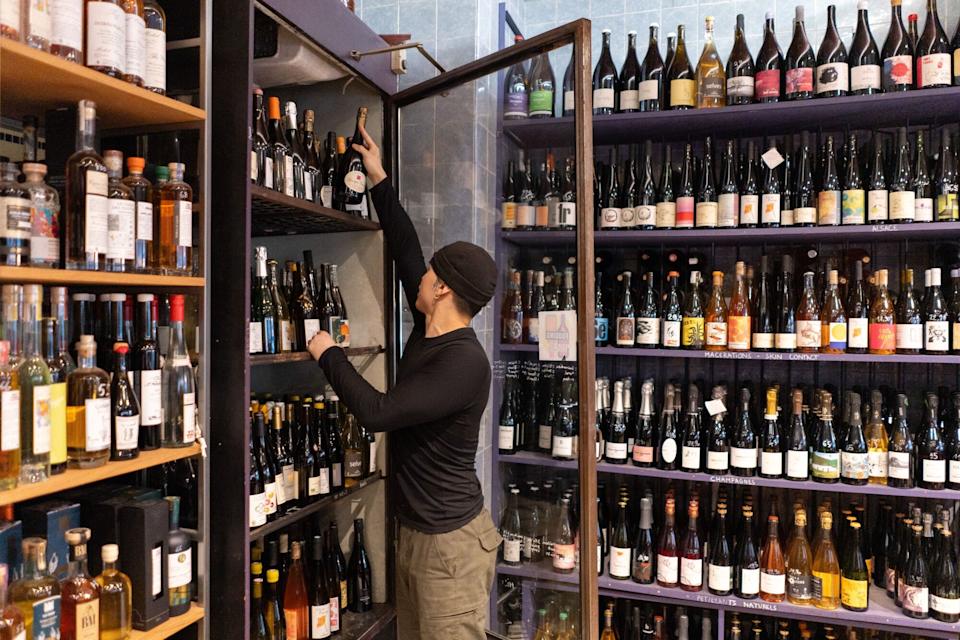
Alcohol giants are pleading for peace. Europe’s proposed 50% tax on bourbon could devastate a sector still recovering from Trump’s earlier tariffs, while U.S. importers warn his 200% liquor levy would trigger layoffs and bankruptcies. Pernod Ricard, already reeling from China’s tariffs, faces a struggle to survive.
“This isn’t a game—it’s economic suicide,” blasted Spirits Europe, a trade group representing the continent’s distillers. Even Tesla, whose CEO Elon Musk advises Trump, fretted in a letter that tech innovation could become collateral damage: “Retaliation risks undermining U.S. leadership in critical industries.”
The ripple effects of these tariffs are already being felt across the globe. In France, winemakers are bracing for a collapse in exports to the U.S., their largest market. Italian producers of Prosecco and other sparkling wines are similarly anxious, fearing that American consumers will turn to cheaper alternatives.
Meanwhile, American distillers are warning that the EU’s tariffs on bourbon could cripple an industry that supports thousands of jobs in states like Kentucky and Tennessee. “This isn’t just about alcohol,” said one Kentucky distiller. “It’s about families, communities, and a way of life.”
In Nepal, the fallout is quietly brewing. Luxury hotels in Kathmandu and Pokhara, which rely on imported European wines to cater to tourists, may soon face a harsh reality: a bottle of French Bordeaux that once cost NPR 10,000 could jump to NPR 30,000. At a dimly lit bar in Thamel, a bartender dusts off jars of homemade raksi Nepal’s traditional millet liquor—as shelves of imported wine gather dust. “If prices keep rising, we’ll have to promote raksi and chyang instead,” said the owner, shrugging. “Tourists love the local flavor anyway.”
Main Street Panic & Wall Street Whiplash
While Treasury Secretary Scott Bessent dismissed market chaos as “growing pains,” Main Street isn’t buying the optimism. A Reuters poll found 70% of Americans fear tariffs will inflate prices for everything from groceries to gas. From auto plants to coffee roasters, businesses are scrambling to untangle supply chains, and economists warn the uncertainty could tip the economy into recession. The S&P 500’s sharp decline has rattled investors, many of whom are now questioning whether the Federal Reserve’s efforts to stabilize the economy will be enough to stave off a full-blown crisis.
Small businesses, in particular, are feeling the pinch. Restaurants and bars, already struggling with rising costs, are now facing the prospect of even higher prices for imported wines and spirits. “This is a nightmare,” said one New York City restaurateur.
“We’re already dealing with inflation, labor shortages, and supply chain issues. These tariffs could be the final nail in the coffin.”
Meanwhile, consumers are left wondering if their favorite bottle of wine or whiskey will soon become a luxury item.
Kathmandu’s Cafe Crisis:
Upscale eateries in Thamel worry pricier imports could deter tourists.
“We might switch to local raksi (traditional liquor) to cut costs,” said a Kathmandu bar owner
Trump’s Tariff Crusade: Revival or Ruin?
The president insists his tariffs will resurrect U.S. manufacturing, but critics see a high-risk gamble. The EU’s $28 billion retaliation list spanning bathrobes to bourbon reveals a brewing cold war. Yet Trump’s team remains defiant. “Europe’s bluffing. They need us more,” scoffed Bessent, doubling down on the administration’s aggressive stance. Trump’s supporters argue that the tariffs are a necessary tool to level the playing field and protect American industries from unfair competition. However, opponents warn that the escalating trade war could have devastating consequences for the global economy.
The EU, for its part, has vowed to stand firm. European Commission President Ursula von der Leyen has called Trump’s tariffs “unjustified and unacceptable,” while French President Emmanuel Macron has accused the U.S. of “economic aggression.” Behind the scenes, however, there are signs that both sides are searching for a way to de-escalate the conflict. Diplomatic channels remain open, and some analysts believe a compromise could still be reached before the situation spirals out of control.
The Global Fallout: A World on Edge
As tensions escalate, the world watches nervously, hoping for a resolution before the economic hangover sets in. One thing’s certain: The trade war’s next round could leave everyone with a bitter taste. In Asia, markets are bracing for the impact of the U.S.-EU conflict, with fears that China could be drawn into the fray. In India, whiskey exporters are sweating over potential copycat tariffs, while Latin American rum and tequila producers nervously eye Trump’s next move.
The stakes are high, and the consequences of failure could be dire. A prolonged trade war could lead to higher prices for consumers, job losses in key industries, and a slowdown in global economic growth. For now, the world holds its breath, waiting to see whether cooler heads will prevail or whether the alcohol-fueled trade war will spiral into an all-out economic disaster.
A Call for Calm Amid the Chaos
Amid the chaos, there are voices calling for calm. Business leaders, economists, and policymakers are urging both sides to step back from the brink and find a negotiated solution. “This is not the time for brinkmanship,” said one industry executive. “The global economy is fragile, and the last thing we need is a trade war that could push us into recession.”
For now, the future remains uncertain. Will Trump’s tariffs succeed in reviving American manufacturing, or will they plunge the global economy into chaos? The answer may depend on whether the U.S. and its trading partners can find a way to resolve their differences before it’s too late. One thing is clear: The world is watching, and the stakes have never been higher.
So, take a deep breath and brace yourself. The alcohol-fueled trade war is just getting started, and the only thing bubbling over is uncertainty.
